Russia, a nation with a rich history and vast resources, faces a complex array of challenges on the global stage. These challenges are multifaceted, stemming from geopolitical tensions, economic constraints, and domestic issues.
Geopolitical Tensions
- Ukraine Conflict: The ongoing conflict in Ukraine has significantly strained Russia’s relations with Western countries, leading to severe economic sanctions and diplomatic isolation.
- NATO Expansion: Russia’s concerns over NATO’s eastward expansion continue to be a major source of tension, particularly with the inclusion of former Soviet states.
- Cyber Warfare: Russia has been accused of launching cyberattacks against Western nations, raising concerns about cybersecurity and information warfare.
Economic Challenges
- Economic Stagnation: Russia’s economy has been plagued by economic stagnation, hindered by low productivity, corruption, and a lack of diversification.
- Energy Dependence: Russia’s heavy reliance on energy exports, particularly oil and gas, makes it vulnerable to global price fluctuations and geopolitical risks.
- Western Sanctions: The imposition of Western sanctions has significantly impacted Russia’s economy, limiting its access to global financial markets and technology.
Demographic Crisis
- Population Decline: Russia’s population is aging and declining, posing challenges to its workforce and economic growth.
- Low Birth Rate: A low birth rate has contributed to the country’s demographic crisis.
Domestic Issues
- Corruption: Corruption remains a significant problem in Russia, hindering economic development and undermining public trust.
- Political Repression: The Russian government has been accused of suppressing dissent and human rights abuses.
- Social Inequality: Economic inequality persists, with a small elite controlling a disproportionate share of wealth and power.
The Future of Russia
The future of Russia will depend on its ability to address these challenges. Key factors that will shape Russia’s trajectory include:
- Economic Diversification: Reducing reliance on energy exports and developing other sectors of the economy.
- Technological Innovation: Investing in technology and innovation to boost productivity and competitiveness.
- Social Reforms: Addressing social issues such as poverty, inequality, and healthcare.
- Improved Governance: Reducing corruption and promoting transparency and accountability.
- Diplomacy and International Cooperation: Engaging in constructive dialogue with Western countries and other international partners.
Russia’s ability to navigate these challenges will determine its future role in the global order.
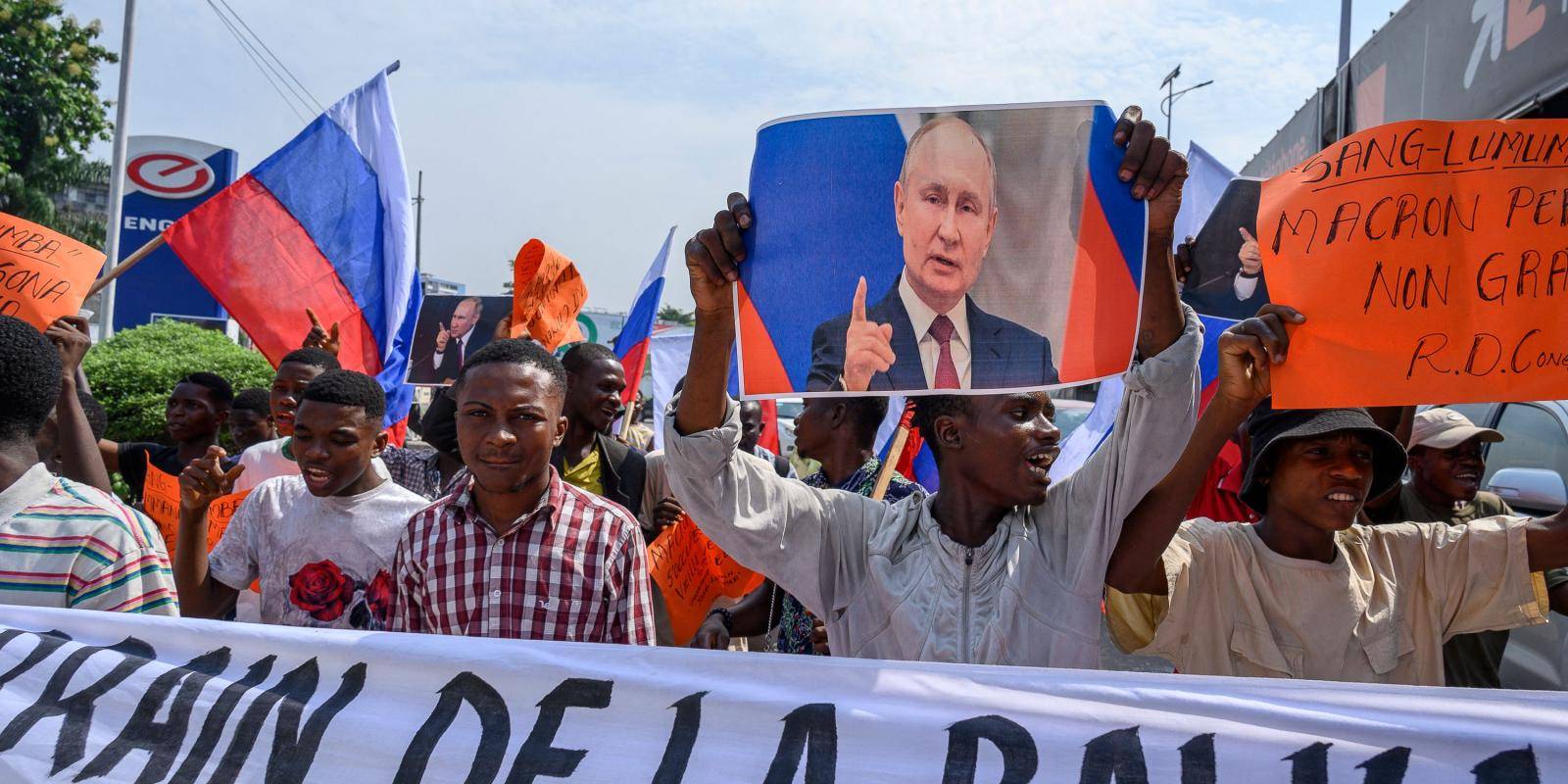
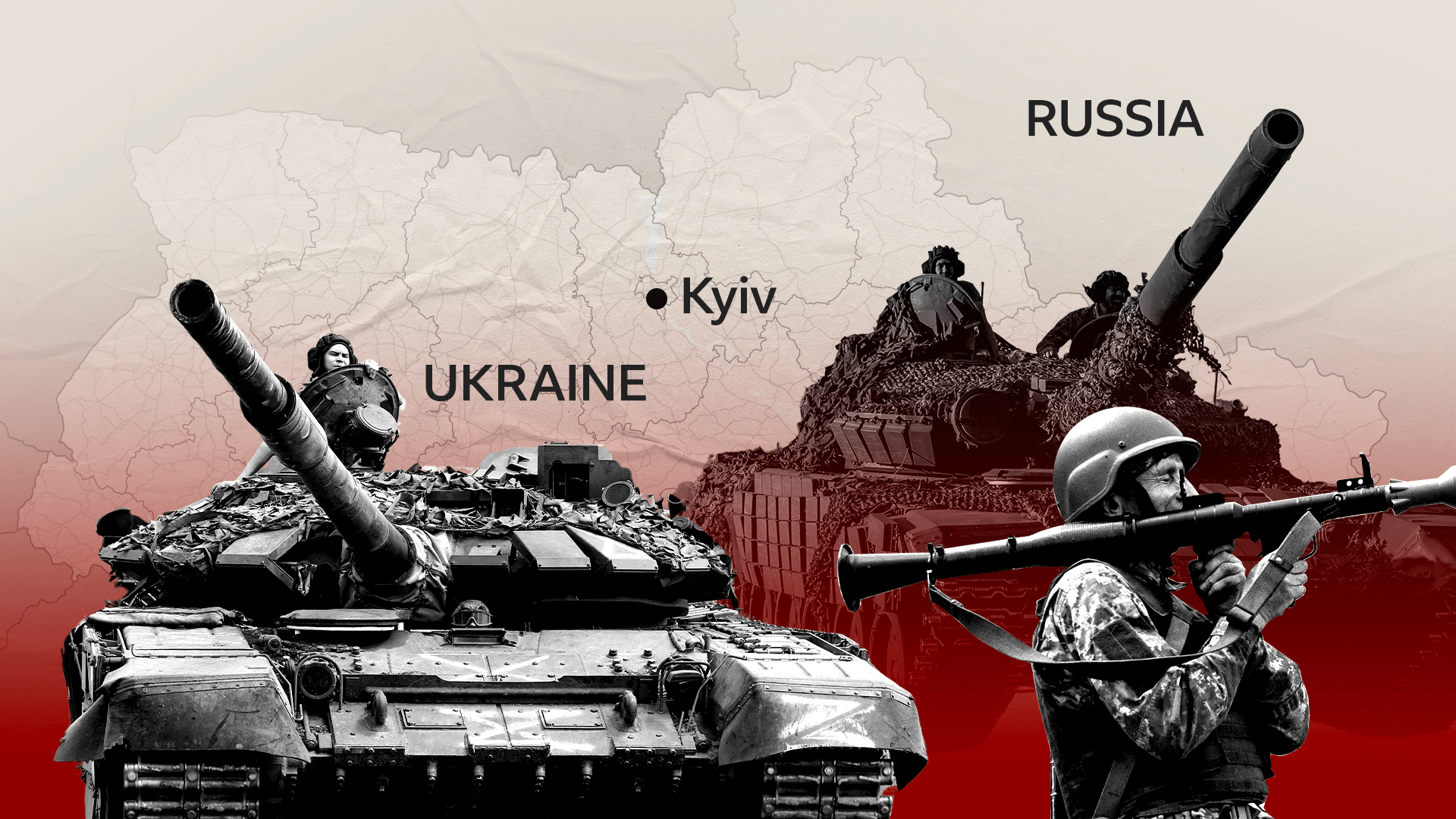
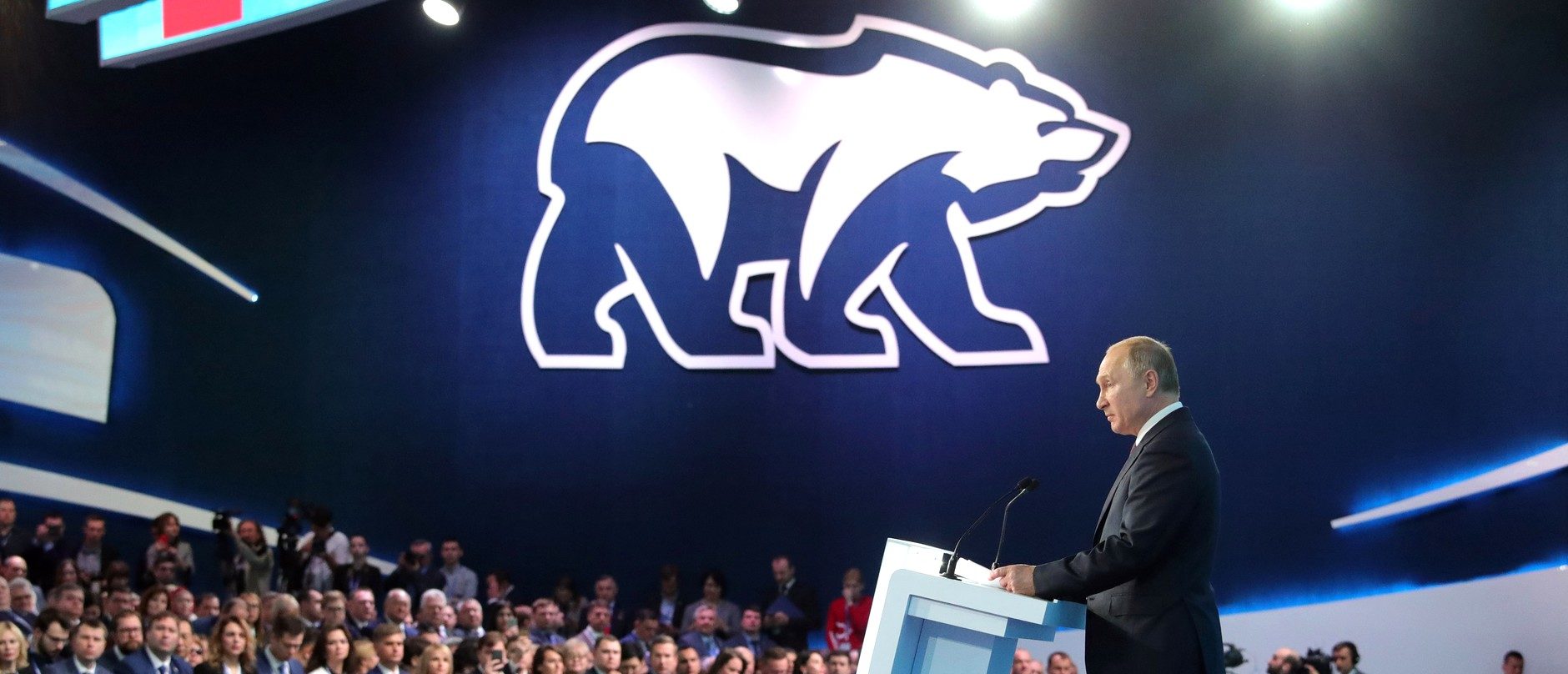
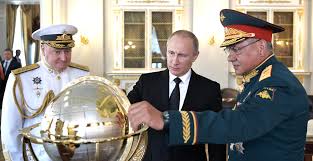

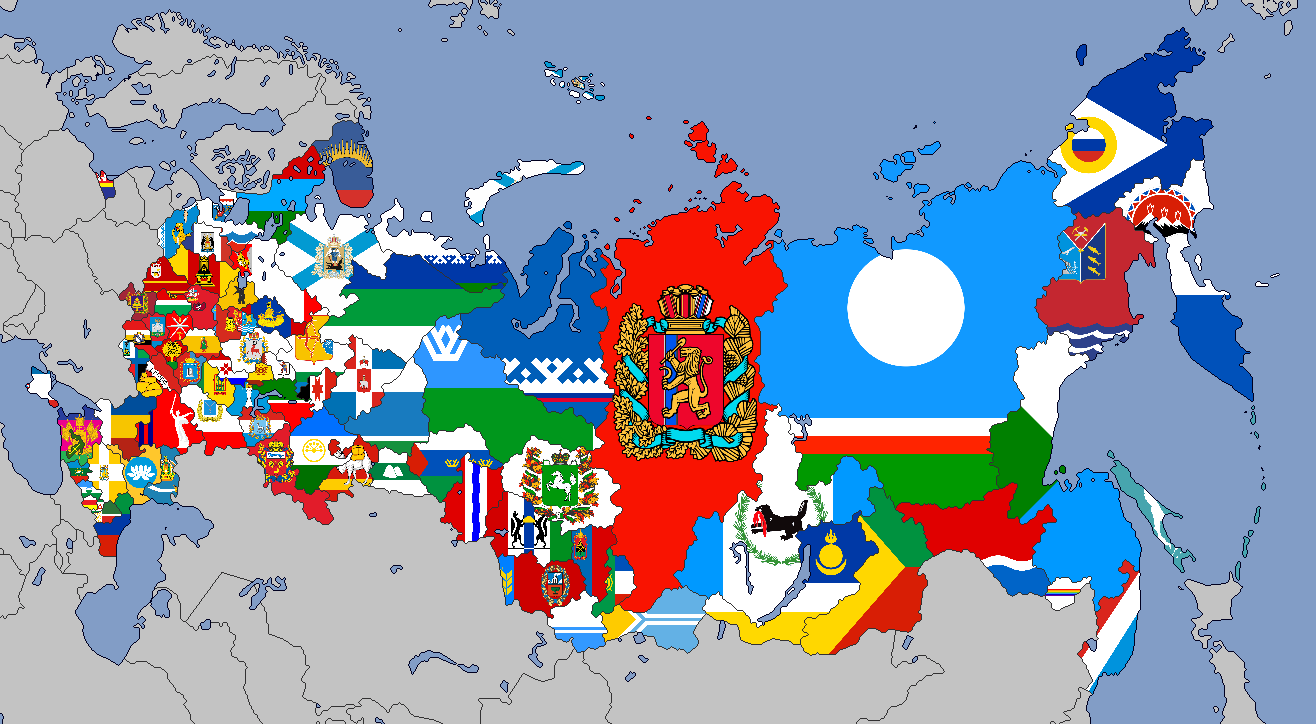
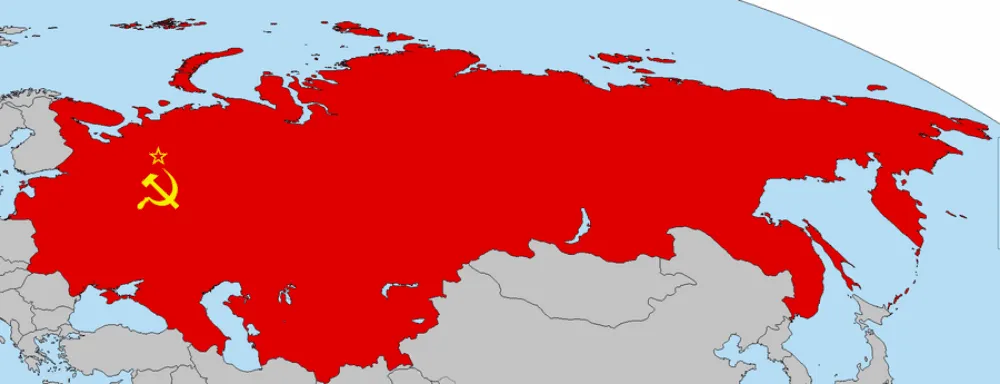
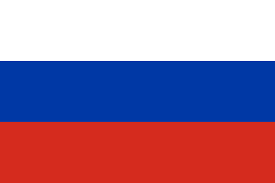
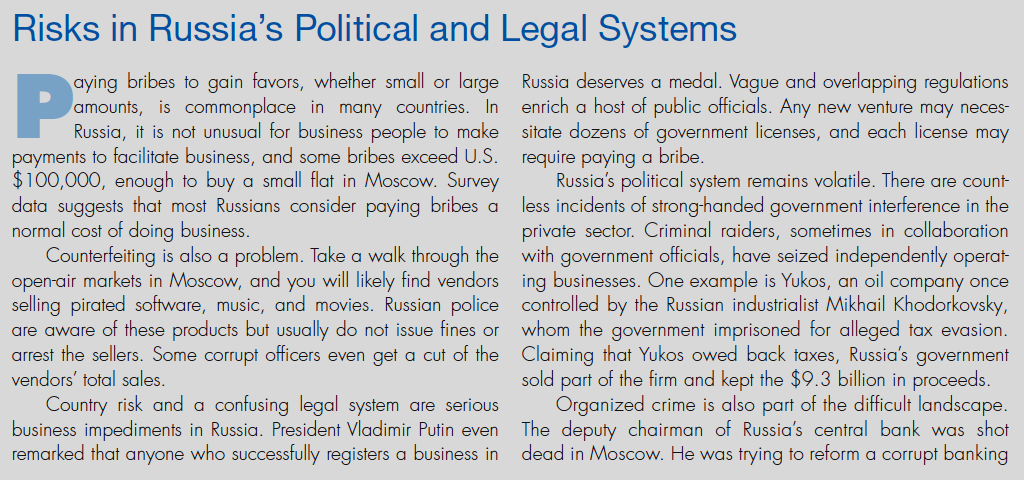

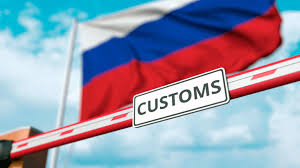
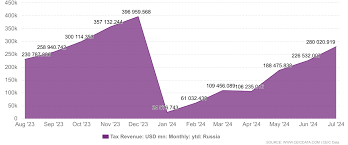
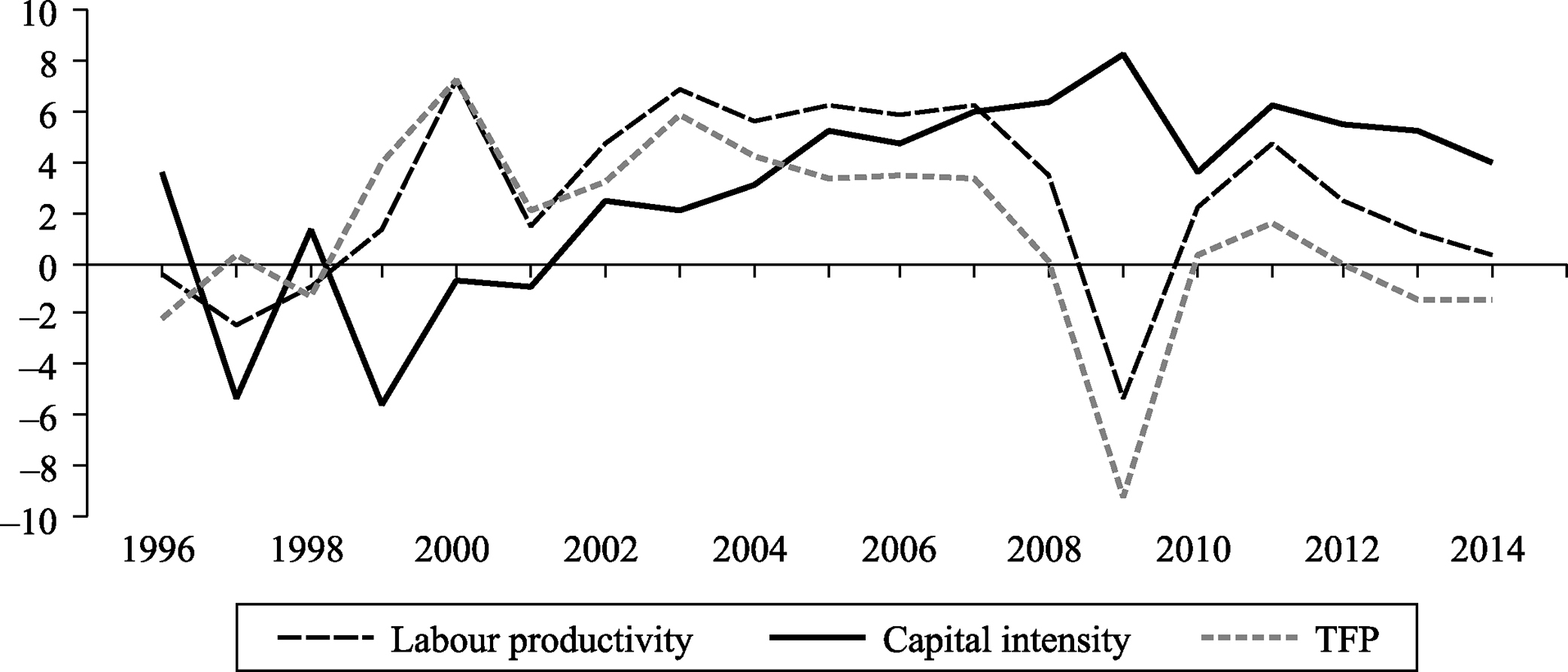
Leave a Reply